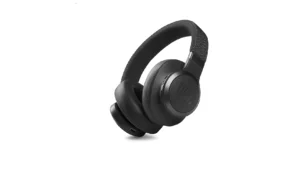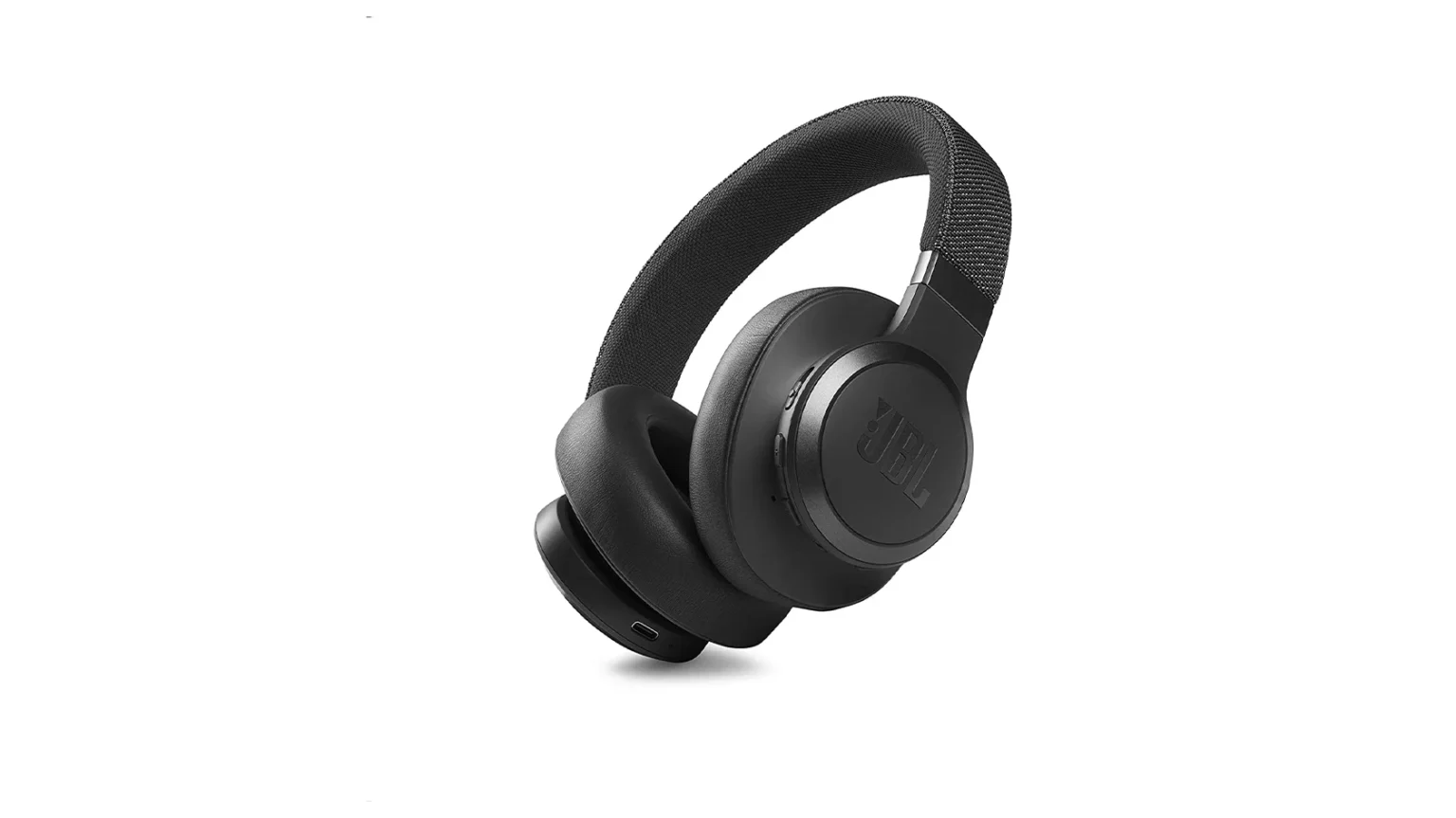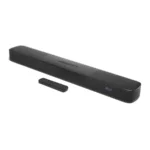In today’s fast-paced world, music has become an essential part of our lives, providing not just entertainment but also a host of cognitive benefits. As one of the leading audio brands, JBL headphones have garnered attention for their sound quality and performance. But the question arises: are JBL headphones good for your brain? In this article, we’ll explore the scientific insights regarding music, sound quality, and cognitive function, and how JBL headphones fit into this equation.
The Science of Sound and the Brain
How Music Affects Cognitive Function
Research shows that music can significantly impact brain function. According to a study published in the journal Nature, listening to music can enhance cognitive performance, improve memory, and even boost mood (Schellenberg, 2005). Furthermore, music stimulates various brain areas, including those associated with emotion, memory, and spatial reasoning.
The Role of Sound Quality
When it comes to experiencing these cognitive benefits, sound quality plays a crucial role. High-quality audio can engage listeners more deeply, making the experience more enjoyable and beneficial. This is where JBL headphones come into play. With a reputation for delivering high-fidelity sound, JBL aims to provide an auditory experience that can enhance your mental engagement.

The Benefits of Using JBL Headphones
Superior Sound Quality
One of the standout features of JBL headphones is their sound quality. Engineered to produce clear highs, rich mids, and deep bass, they allow listeners to enjoy their favorite music in its intended form. This fidelity can lead to better engagement with the music, potentially enhancing its cognitive benefits.
Noise Isolation and Concentration
Many JBL headphones come with noise-canceling features that block out ambient noise, allowing for deeper concentration. A study from the Journal of the Acoustical Society of America highlights that reducing background noise can improve focus and productivity (Klatte et al., 2010). For tasks requiring sustained attention, using JBL headphones could provide an effective auditory environment.
Emotional and Mental Well-being
Listening to music can significantly boost mood and emotional well-being. A study in the Journal of Positive Psychology found that participants who listened to music reported increased happiness and reduced anxiety (Sonnentag et al., 2017). With JBL’s rich sound quality, users may experience these benefits more profoundly, making JBL headphones not just a tool for music enjoyment but a means for enhancing mental well-being.

Are JBL Headphones Good for Your Brain?
Considerations for Listening
While JBL headphones are designed for high-quality audio, the benefits they provide can depend on how you use them. Here are some considerations to keep in mind:
- Volume Control: Listening at high volumes can lead to hearing loss, which can negatively impact cognitive function over time. Experts recommend keeping the volume at a safe level to protect your hearing.
- Listening Duration: Long listening sessions can cause fatigue. It’s essential to take breaks to avoid overstimulation, which can detract from the cognitive benefits of music.
- Type of Music: Different genres can elicit varying emotional responses. For cognitive enhancement, consider classical or instrumental music, which studies have shown to improve concentration and creativity (Levitin, 2006).
Personalization and Comfort
The design of JBL headphones also matters. Comfort is crucial for long listening sessions, as discomfort can distract from the experience. JBL offers a range of styles, from over-ear to in-ear, allowing users to choose what fits them best.

Statistics on Music and Brain Health
According to a 2021 report by Statista, approximately 72% of individuals aged 18-29 in the U.S. use headphones regularly, often for music and podcasts (Statista, 2021). This trend highlights the importance of understanding how the devices we use impact our cognitive health. Furthermore, a study published in Frontiers in Psychology revealed that 89% of participants experienced improved mood and cognitive function when listening to music they enjoyed (Fachner et al., 2016).
Conclusion
So, are JBL headphones good for your brain? The evidence suggests that they can be, especially when used thoughtfully. With superior sound quality, effective noise isolation, and the potential for enhancing mood and cognitive function, JBL headphones provide an excellent tool for anyone looking to improve their auditory experience. However, as with any technology, moderation and mindful listening are key. Have you considered how your headphone choice could be impacting your cognitive well-being?











